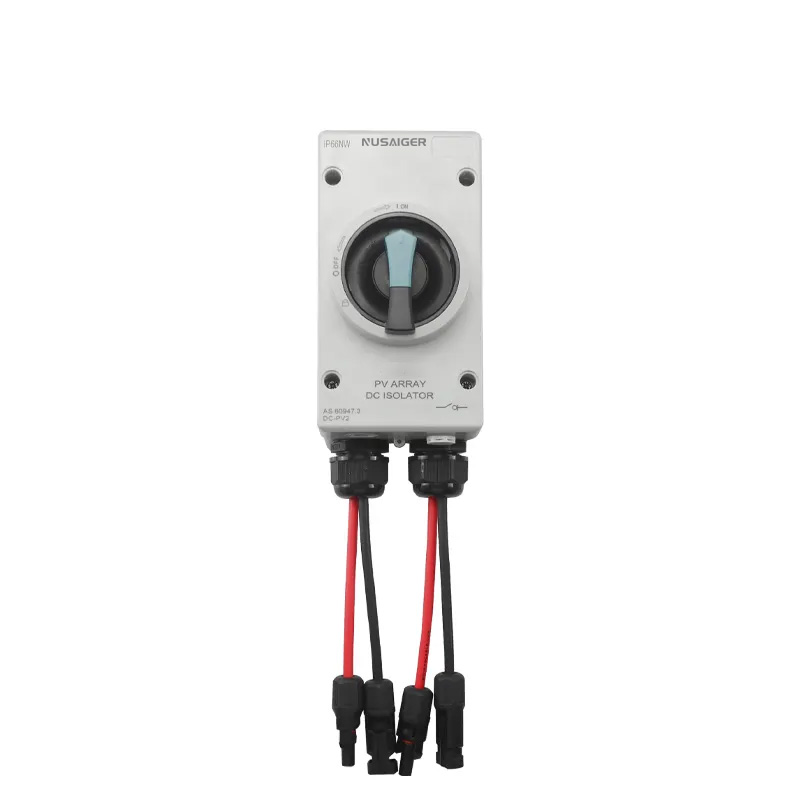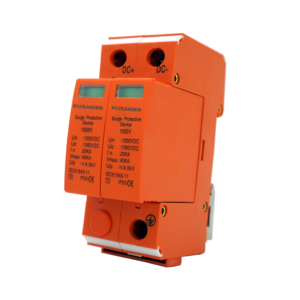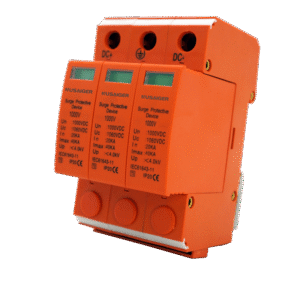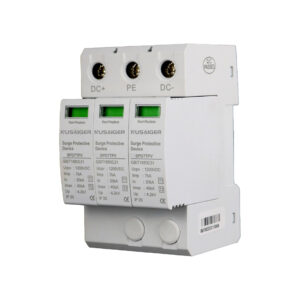Why a High-Quality PV Isolator Switch is Essential for Solar Power Safety
The rise of solar power systems in residential, commercial, and industrial applications has brought new safety standards and hardware requirements. One of the most critical components in any photovoltaic system is the photovoltaic isolator switch (SISO), also known as a DC isolator or solar disconnect switch. This device plays a vital role in ensuring both operational safety and long-term reliability of the system.
What is a PV Isolator Switch?
A PV isolator switch is designed to safely disconnect the DC current coming from solar panels before it reaches the inverter or other downstream equipment. It allows maintenance personnel to work on the system without the risk of electrical shock and helps in emergencies by providing a quick means to isolate the array.
Why Quality Matters
Cheap or substandard isolator switches can lead to overheating, arcing, or even fires due to the high DC voltage involved in solar systems. Quality isolators are made from durable, UV-resistant materials, with arc suppression mechanisms and a high IP rating to withstand outdoor exposure. Look for certifications such as IEC 60947-3 or AS/NZS 5033 when selecting an isolator switch.
Compliance and Regulation
Many countries mandate the installation of isolator switches in photovoltaic systems as part of their electrical code. For instance, Australia requires rooftop isolators for all new installations. Non-compliance may result in system shutdowns, fines, or denied insurance claims in case of failure.
Conclusion
Investing in a high-quality PV isolator switch is not just a matter of compliance—it’s a critical safety feature that protects people, property, and equipment. Choose certified, weather-resistant, and robust isolators to ensure the longevity and safety of your solar power system.



